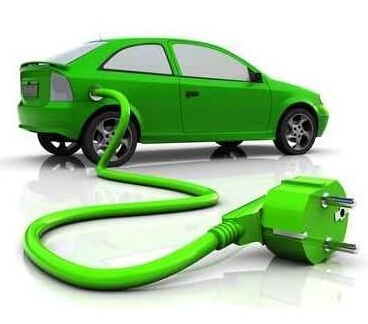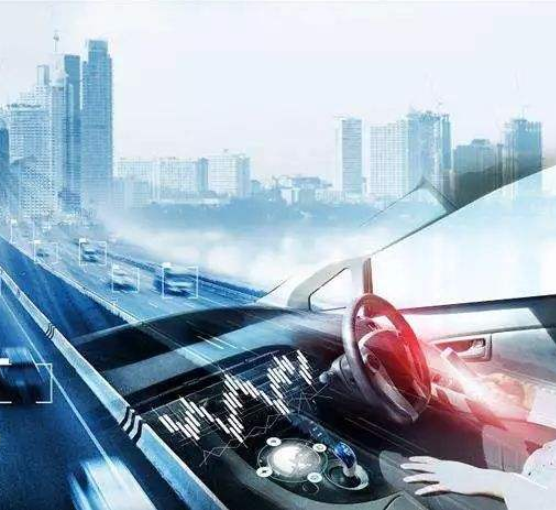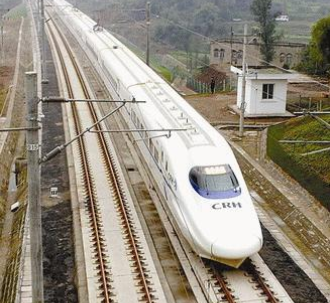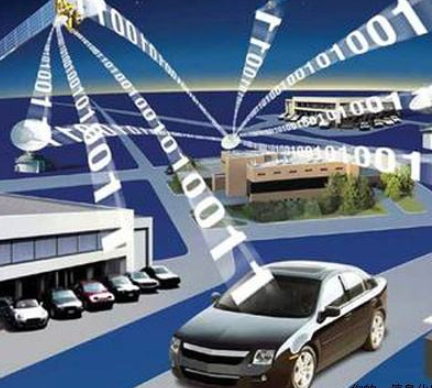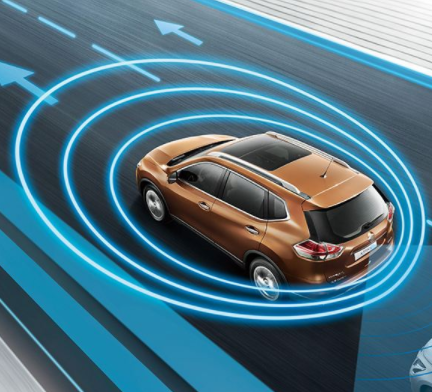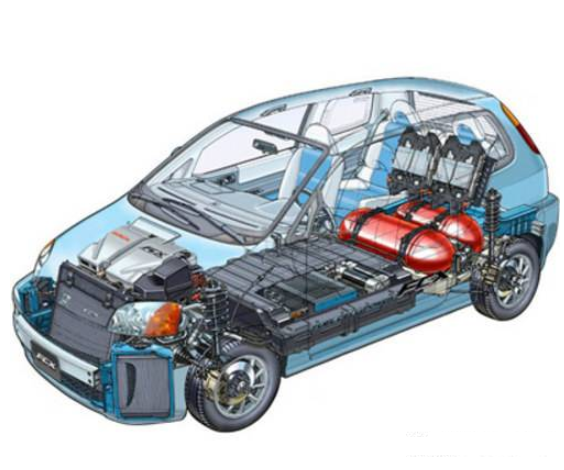Smart cars can largely solve major problems such as traffic safety, road congestion, environmental pollution, and energy consumption faced by the automobile society. On March 28th, the news was uploaded from the "2018 Smart Car International Symposium", and smart cars are expected to be mass-produced around 2020.
In the next decade, the global automotive industry will usher in a major change of “smart driving and electric future”. The domestic market can be summarized as “industry maturity and independent growth period”. “Electrical, intelligent and international” is its own brand. The way out and direction of development. The development of the future car will be to use the electricization platform to move toward smart driving with the help of the Internet of Vehicles technology. In these two areas, there are both the early layout of the government and the promotion of strong policies, as well as the foresight of enterprises. At the level of national will, we can use our first-mover advantage and huge market to formulate our own rules, which will further influence the development of global technology and influence the promotion of global markets.
2016 is considered to be the first year of unmanned investment, and the introduction of relevant policies and regulations in 2017 has accelerated significantly. Following Beijing, Shanghai launched the “Intelligent Network Linked Vehicle Road Test Management Method (Trial)” and issued the first batch of open road test number plates, symbolizing the key change of unmanned driving from planning to landing. The test management method regulates intelligence. The whole process of road test. The issue of the number plate is equivalent to a pass for testing by car companies, which indicates that the conversion of driverless test from closed road to open road has been basically approved by national regulations, or will trigger the construction of intelligent network joint demonstration areas across the country. It is expected in 2018. Become a key year for the rapid development of driverless driving.
The National Development and Reform Commission has set a goal of 50% of smart car new vehicles in 2020, especially the first batch of intelligent network car road test number issuance, which will further accelerate the transformation of intelligent network car from R&D test to demonstration application and commercialization. . At present, the main aspects of intelligent networked vehicles are “assisted driving systems” and “vehicle networking products”, so we can focus on the products of related listed companies.
















 RCCN WeChat QrCode
RCCN WeChat QrCode Mobile WebSite
Mobile WebSite